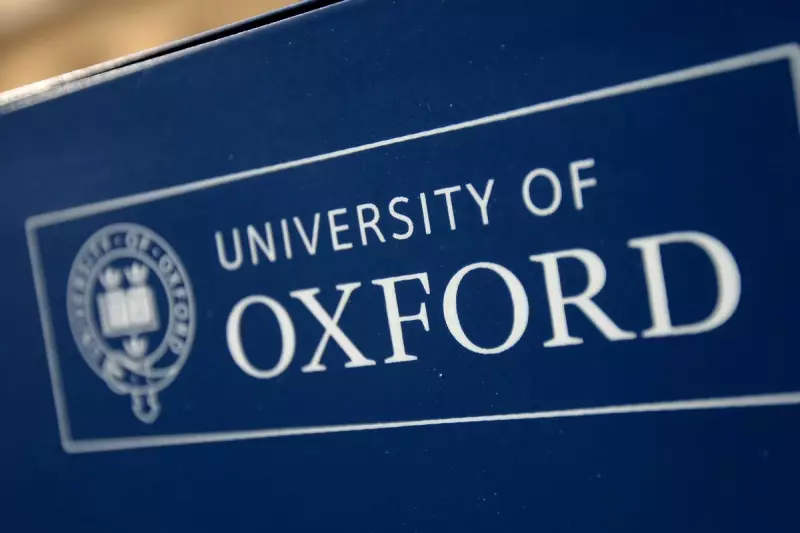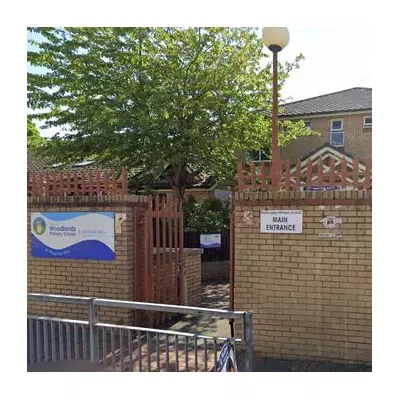
The hallowed halls of the Oxford Union, a debating society renowned for its commitment to free speech, became the epicentre of a heated national debate this week. The cause: a controversial address by Charlie Kirk, the founder of the influential American right-wing group Turning Point USA and a staunch ally of former President Donald Trump.
The decision to host Mr Kirk was met with immediate and vocal opposition from students and academics alike. A significant protest erupted outside the Union's building on Thursday evening, with demonstrators brandishing signs and chanting slogans against what they labelled as 'hate speech' and 'divisive rhetoric'.
Contentious Comments and Student Outrage
During his speech, Kirk reportedly made a series of provocative statements that fuelled the discontent. He took aim at the concept of diversity, equity, and inclusion (DEI) initiatives, criticised what he perceives as 'woke ideology', and lauded the economic policies of the Trump administration.
Protestors and critics argued that platforming such a figure legitimises views they consider harmful, particularly to minority groups within the university community. The event has ignited a fierce discussion about the boundaries of free speech and the Union's responsibility in curating its speaker list.
The Union's Defence
In response to the backlash, the Oxford Union has defended its decision. A spokesperson for the society reiterated its long-standing tradition of hosting a wide spectrum of speakers from across the political divide, emphasising its core mission to uphold free and open debate, even when the views expressed are unpopular or challenging.
This incident is not isolated. The Union has frequently found itself at the centre of similar controversies for providing a platform to contentious figures, prompting ongoing reflection about the balance between free expression and the well-being of its student members.





